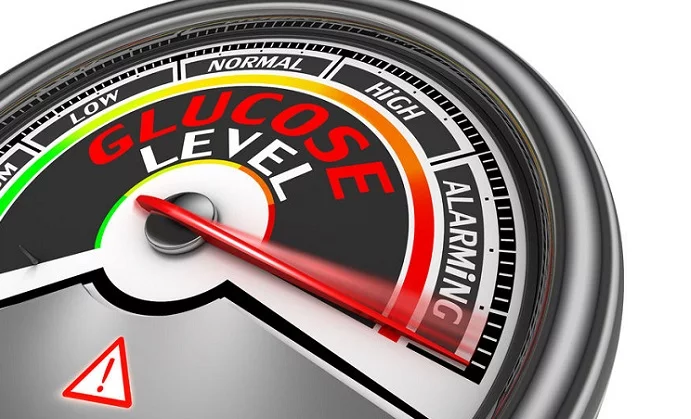CoQ10 is a coenzyme that provides energy to your cells. The mitochondria, or powerhouse of the cell, receives usable energy from CoQ10 and upkeep the healthy function of cells. If there is a deficiency of CoQ10, it can result in lasting damage. Because brain cells have a larger amount of cells than other parts of your body, they require a higher amount of CoQ10.
Do I Need a CoQ10 Supplement?
According to research, CoQ10 levels in your body are often not at a level to help with all your body processes. CoQ10 is found in many foods such as oily fish, organ meats, legumes and seeds, but it is suggested to be taken as a supplement.
CoQ10 has been found to benefit people suffering from brain diseases, like Alzheimer’s or dementia, as well as ease muscle-pain, from the effects of Parkinson’s to migraine headaches. Anyone suffering from symptoms such as high blood pressure, high blood sugar, fatigue, dizziness, and muscle stiffness can benefit from taking CoQ10 supplements.
CoQ10’s Role in Regulating the Brain’s Chemistry
There are three things that CoQ10 assists with for the brain.
- Stops free radical damage in the brain, maintaining healthy and living brain cells.
- By preserving brain function, CoQ10 helps ease migraine pain and can even fight side effects from mental illnesses. Migraines may be linked to low brain energy levels, whereas mental illnesses like depression, bipolar disorder and schizophrenia are linked to a mitochondrial dysfunction.
- Studies have shown that taking CoQ10 for any of these diseases have helped immensely with the adverse side effects.
- Invigorates the brain and benefits mental processing, memory and thought clarity.
- Poor memory and brain fog are side effects of brain diseases like Alzheimer’s and dementia. An added burst of CoQ10 can clear a person’s head, aid in memory recall, and slow cell damage causing these diseases.
- Boosts brain cell regrowth through activation of neurons.
- Not only can CoQ10 help with brain functioning and pain relief, it has also been proven to reverse cell damage. As cells grow older, they stop functioning as well and can die. There are studies that show brain lesions are healed and healthy cells grow in their stead when CoQ10 supplements are added to the patient’s diet.
Side Effects
Like most supplements, consult your doctor before taking CoQ10. You should not take CoQ10 if you are pregnant, breastfeeding, or have diabetes. Some common side effects of taking CoQ10 are rashes, stomach upset, nausea, dizziness, and headache.
Buying CoQ10
There are two kinds of CoQ10 pills: one is with its oxidized form, ubiquinol, and the other is ubiquinone. Depending on how you react to either form of the supplement, you can try both and see which one works for you. The dosage is one capsule every day, or according to what your doctor recommends. The dosage also depends on your diagnosis and the severity of the side-effects of other medication you are taking. There are dosages for as little as 30 mg to the high amount of 1,000 mg or more.
Do you want to find an effective CoQ10 treatment? Check out our top rated CoQ10 products












